It’s a word no pet parent wants to hear: cancer. But it’s a broad term and some cancers are scarier than others. Knowing the most common types of cancer is important in keeping track of your cat’s health and what she may be at risk for later in life.
For National Pet Cancer Awareness Month (November), Nationwide is partnering with the Animal Cancer Foundation (ACF) to raise funds to fight the number one disease-related killer of dogs and cats. During the month of November, Nationwide will donate $5 to the Animal Cancer Foundation (up to $20,000), for every photo, story or statistic shared on Facebook, Twitter and Instagram using #CurePetCancer. Nationwide, who provides pet insurance, also sorted through its database and analyzed more than 67,000 pet-cancer related claims from the past year to determine the top 10 cancers in cats.
#1 – Lymphosarcoma or lymphoma
This is the most common cancer in cats. It’s treated with chemotherapy and usually has a pretty high success rate. Cats that are FeLV are 60 times more likely to get it. Cats with FIV are also at an increased risk (peteducation.com). Average cost to treat per pet according to Nationwide: $1,944
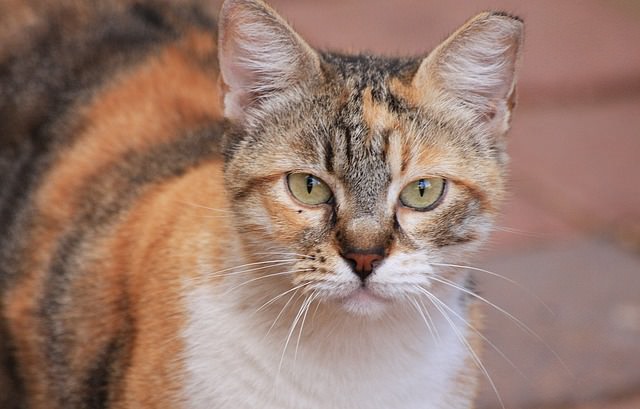
#2 – Skin cancer or malignant skin neoplasia
Like humans, cats can get skin cancer due to sun exposure or other issues. When you are grooming or petting your kitty, pay attention to any part of the skin that doesn’t look normal, is bumpy, scaly, etc. Early detection and treatment is key (petmd.com). Average cost to treat per pet according to Nationwide: $1,227
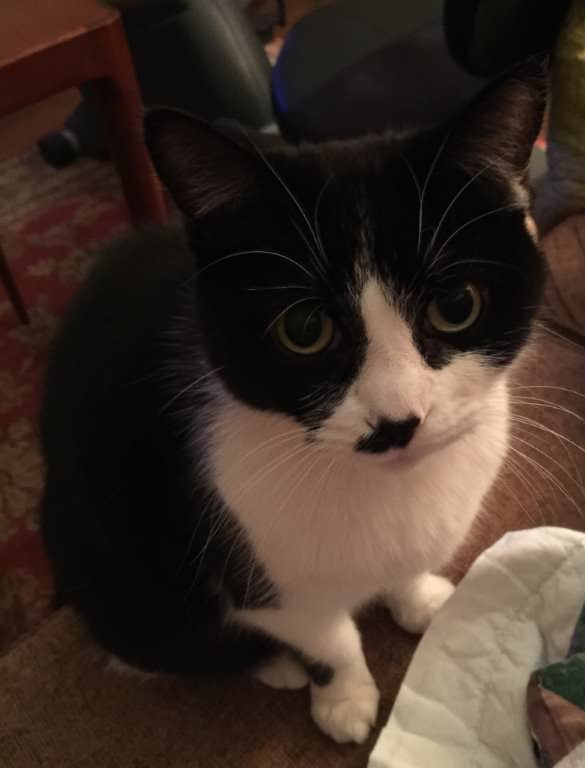
#3 – Thoracic (chest) cancer
Chest cancer in cats may be hard to detect since the symptoms are non-specific including lethargy, cough, vomit, shortness of breath. Tumors may be felt under the skin or seen in short-hair breeds. Average cost to treat per pet according to Nationwide: $816

#4 -Small intestinal cancer
Cats can get cancer in their GI system – small and large intestine, stomach and rectum. According to the Nationwide database, the small intestine cancer is most common. It tends to be more common in male cats than female (www.petmd.com). Average cost to treat per pet according to Nationwide: $1,051

#5 – Hepatic (liver) cancer
Another cancer with symptoms that are very generic, the only noticeable symptoms are the enlargement of the liver and abdominal hemorrhaging. Usually cats over 10 are more likely to get it, and breed does not seem to play a role in risk (petmd.com). Average cost to treat per pet according to Nationwide: $770

#6 – Peritoneal (peritoneum) cancer
There is not much information on this type of cancer, it’s a tumor on the lining of the body cavity; there are not many treatment options for it (oncolink.org). Average cost to treat per pet according to Nationwide: $505

#7 – Mammary cancer
Mammary cancer in cats is most often malignant and hard to treat. It’s also the third most common cancer in cats, according to some sites. When grooming your cat, check for “firm nodules that are moveable or firmly attached to the skin and/or underlying muscle” (peteducation.com). Average cost to treat per pet according to Nationwide: $1,408

#8 – Oral cancer or malignant oral neoplasia
Tumors in your cat’s mouth can occur in almost any part – bone, teeth, soft tissues. Surgery is the most common treatment for either benign or malignant tumors. Catching it early is also important, so be sure to check your cat’s mouth regularly, pay attention to eating habits (are they having trouble chewing, or not eating at all?) and take her in for routine dental cleanings from a vet. Average cost to treat per pet according to Nationwide: $1,135
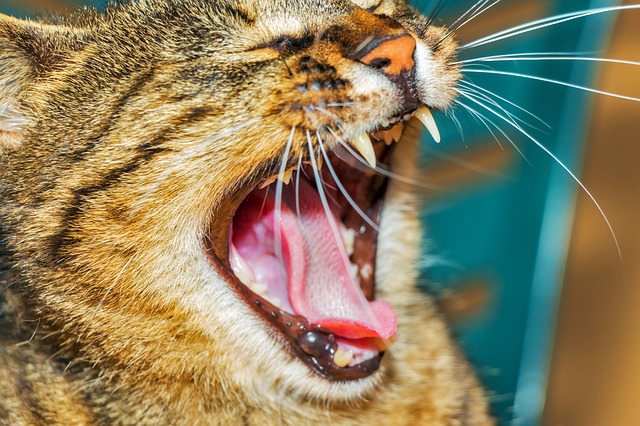
#9 – Splenic (spleen) cancer
Spleen cancer is difficult because often you don’t know it’s there until it’s too late – your cat has collapsed, followed quickly by death, caused by the rupturing of the tumor. Cats over the age of 10 and domestic shorthairs appear to be more disposed to splenic cancer (petmd.com). Average cost to treat per pet according to Nationwide: $1,118
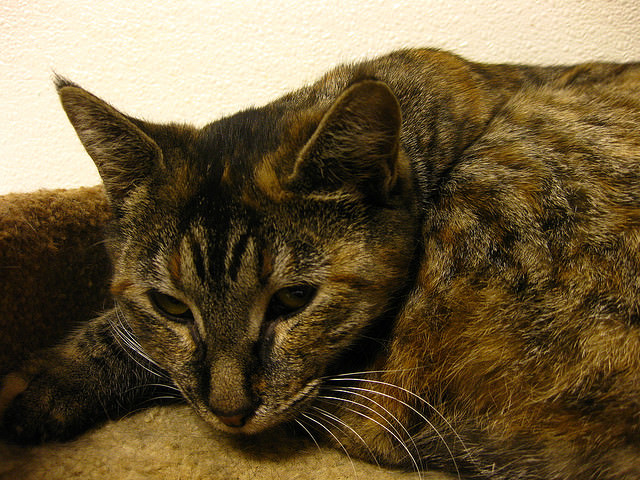
#10 – Nasal or sinus cavity cancer
Cancer in the nasal or sinus cavity is dangerous because it can spread to the bone and tissue, as well as into the brain, causing seizures. Cats with a runny or bloody noose, excessive tears or sneezing, bulging eyes, deformed nose (when it wasn’t previously), and/or seizures should be taken to the vet as soon as possible. (petmd.com) Average cost to treat per pet according to Nationwide: $2,526
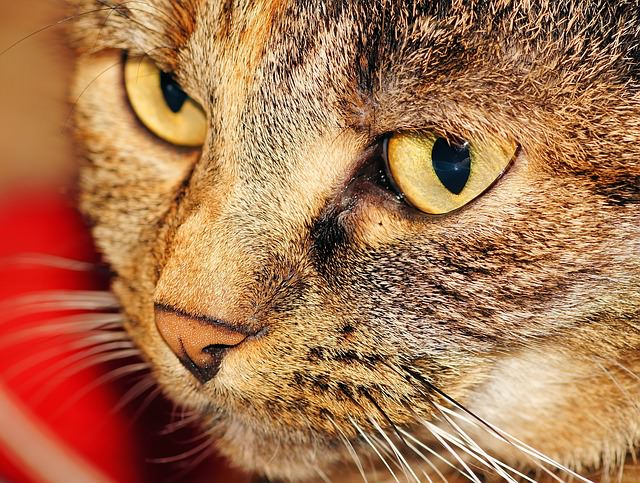
Advances in veterinary treatment and early detection, along with affordable financial solutions (like pet insurance), have given pet parents a number of options to fight back against cancer. Visit http://www.petinsurance.com/ to learn more about coverage.
